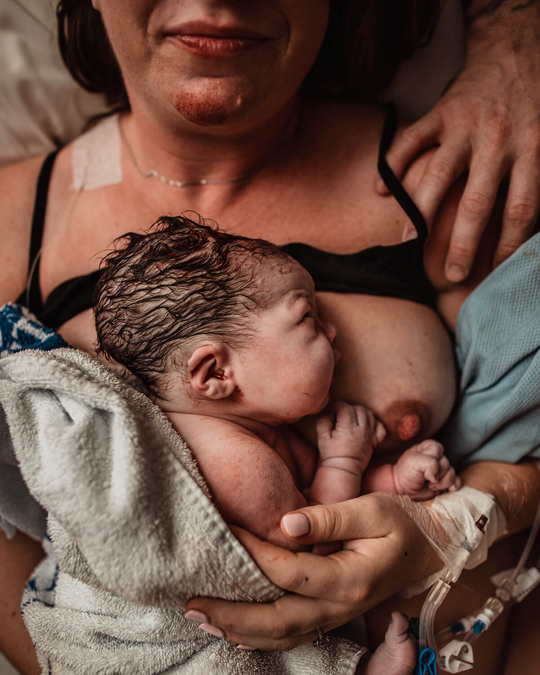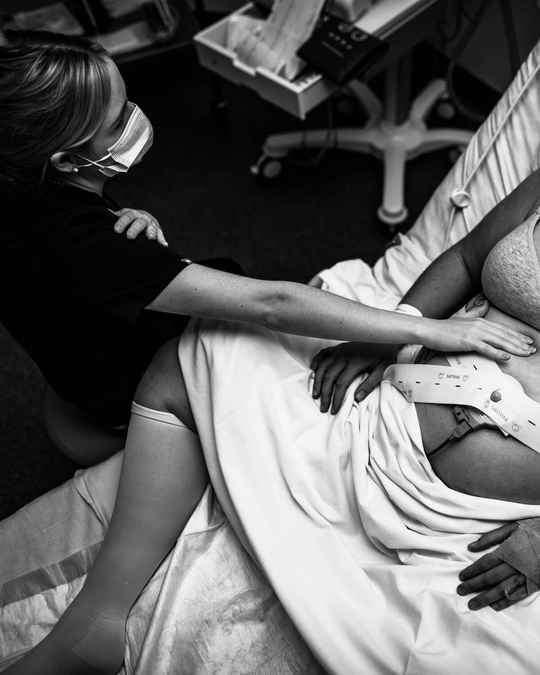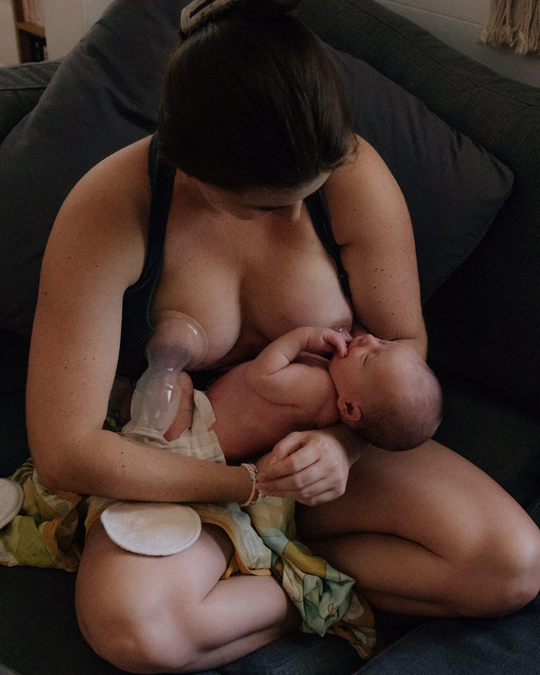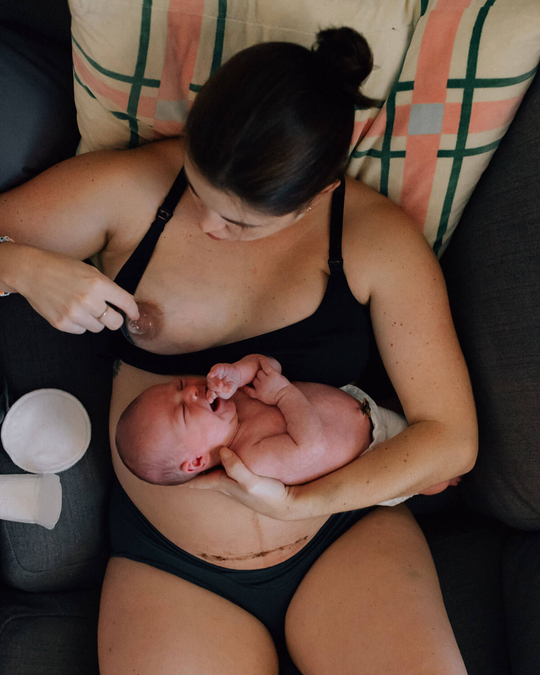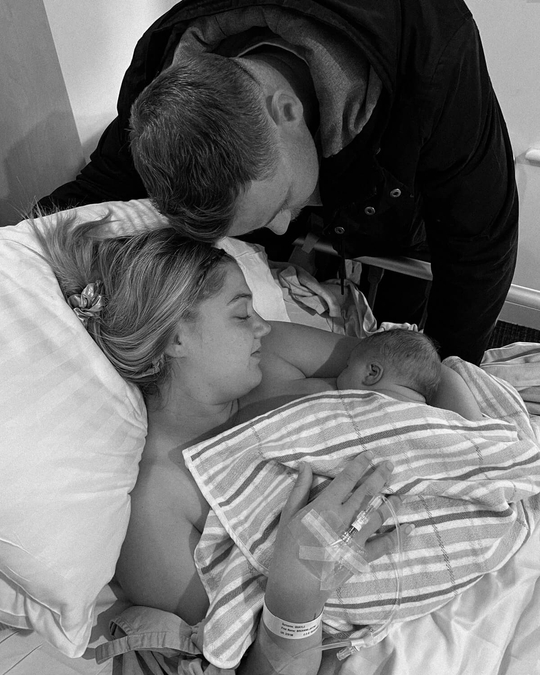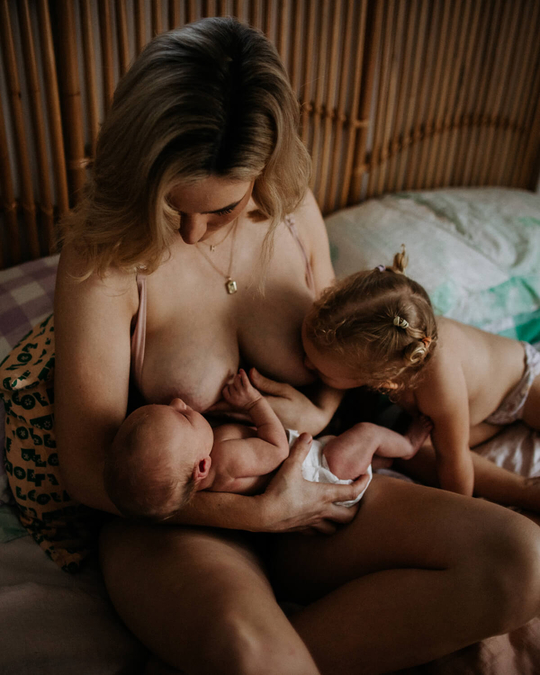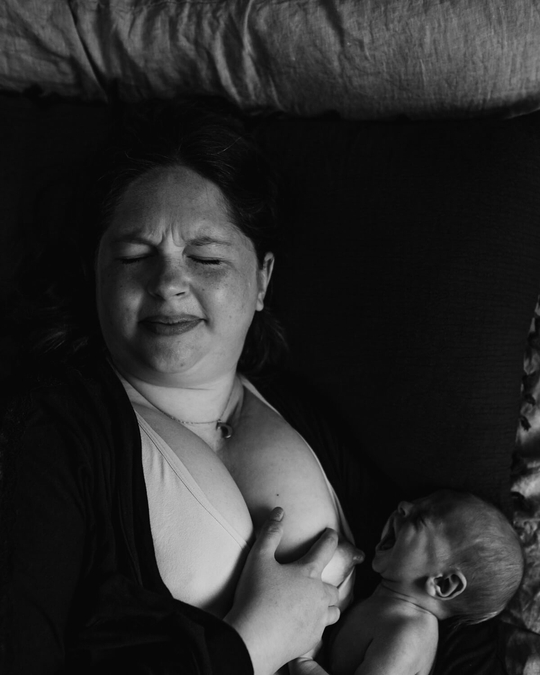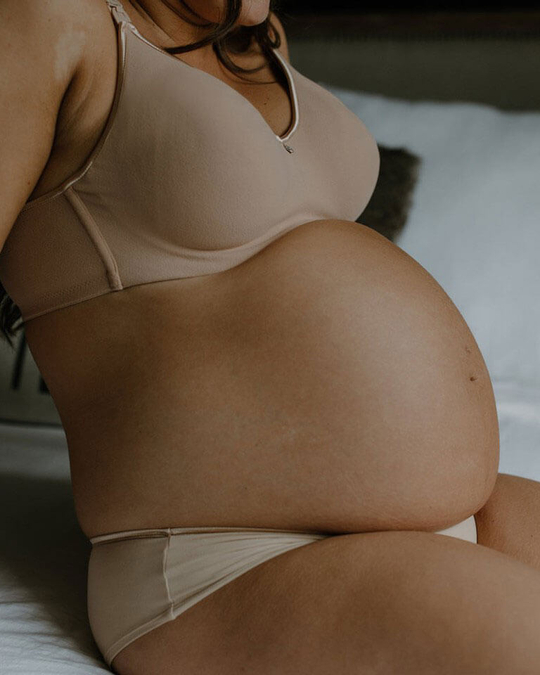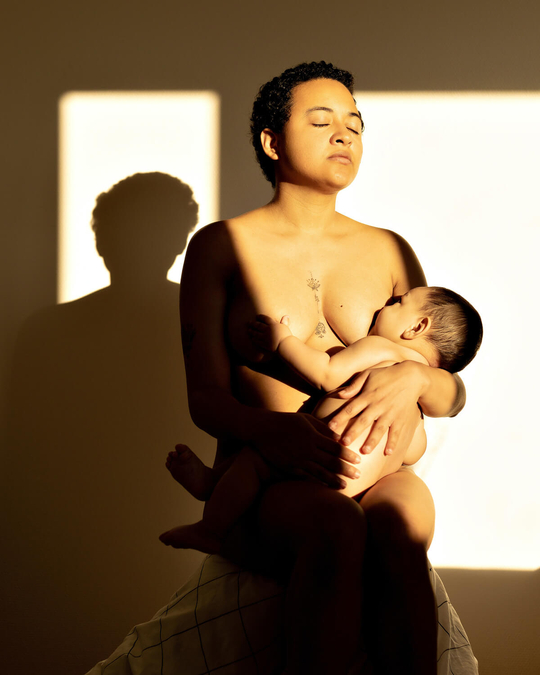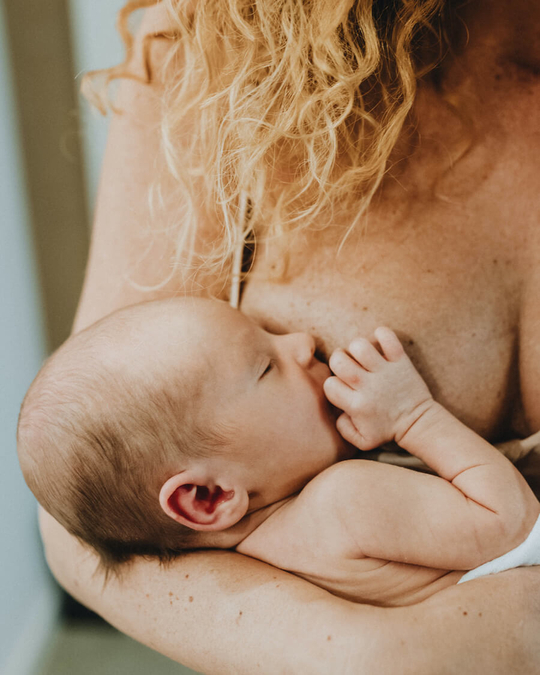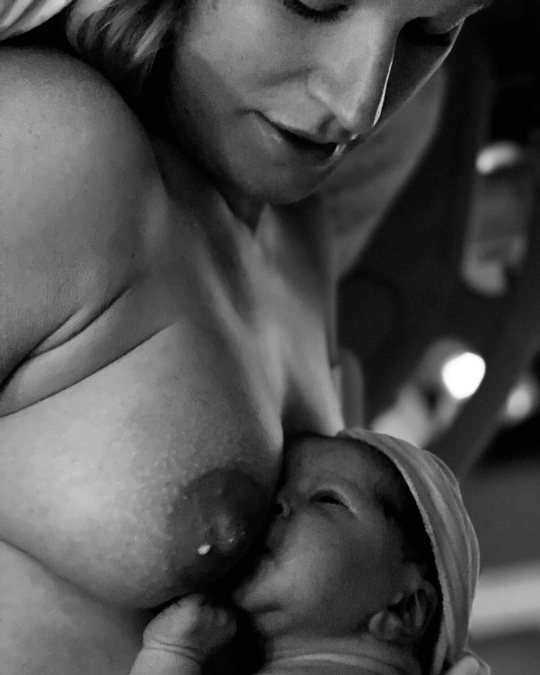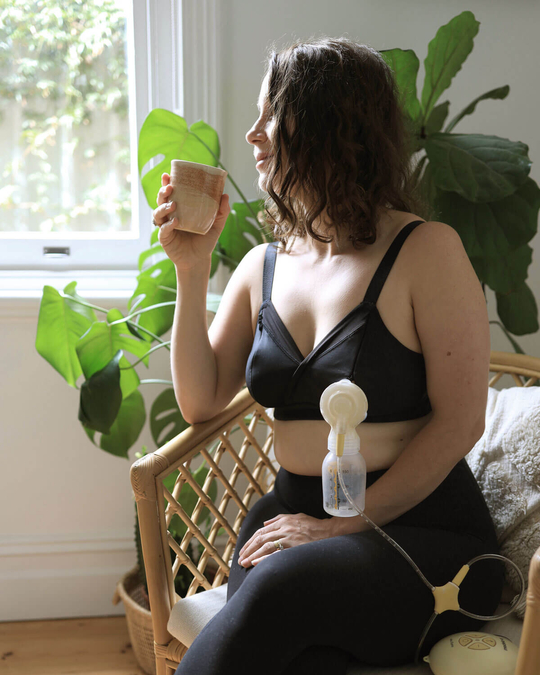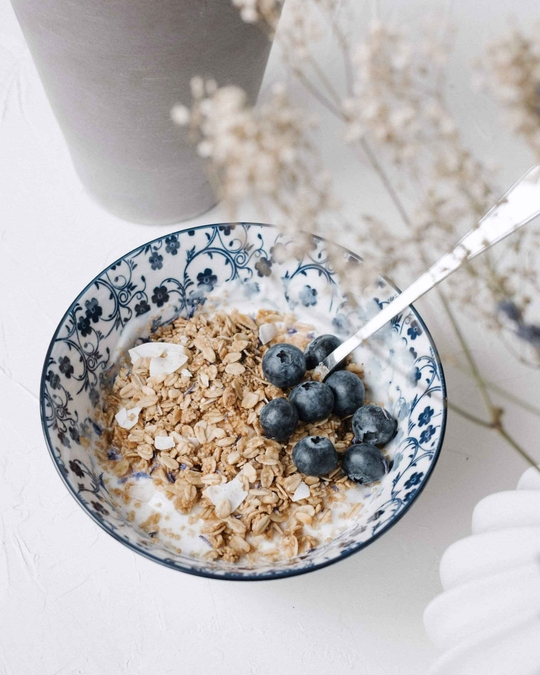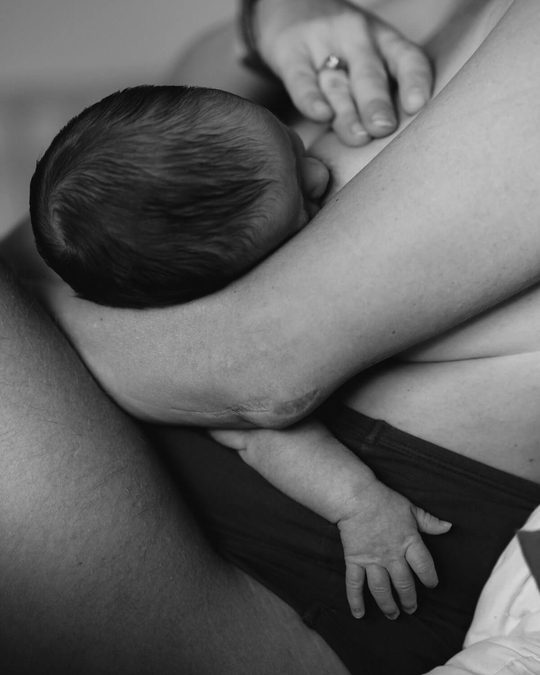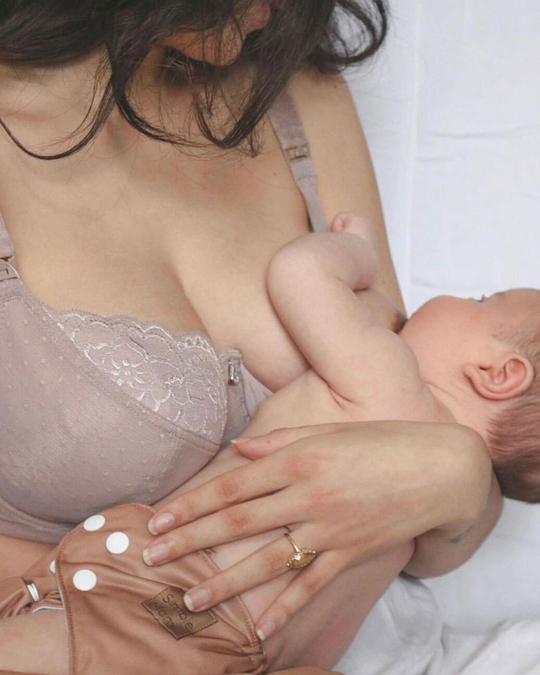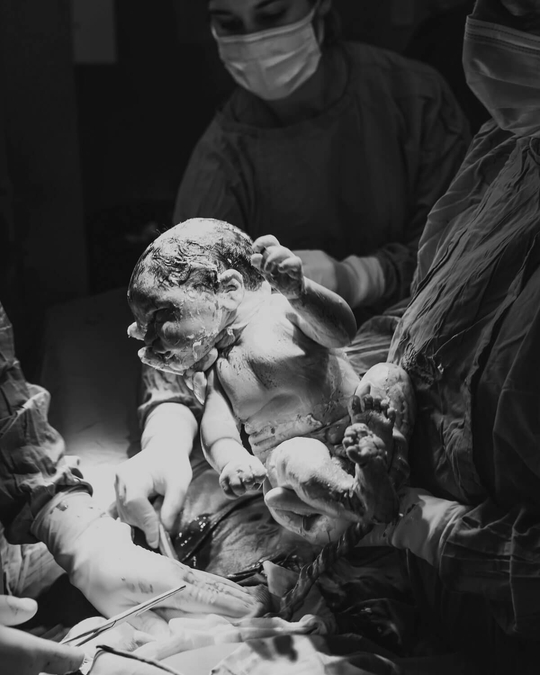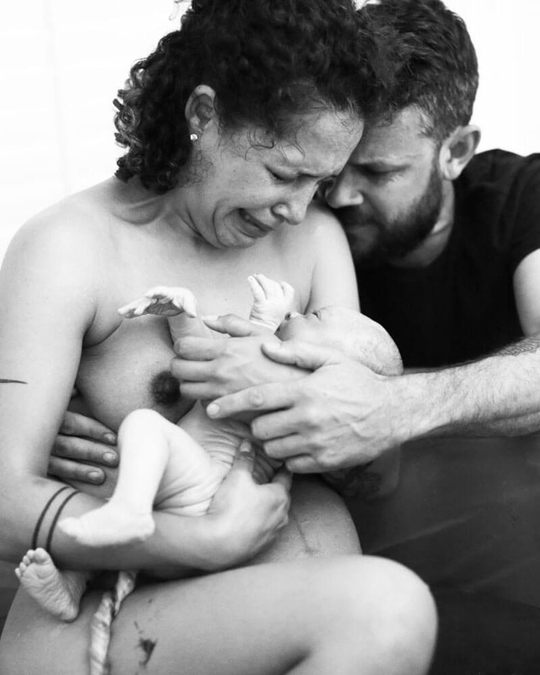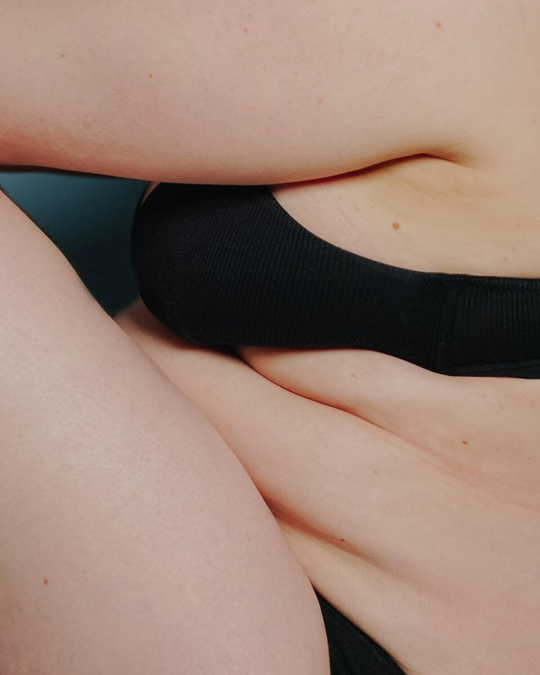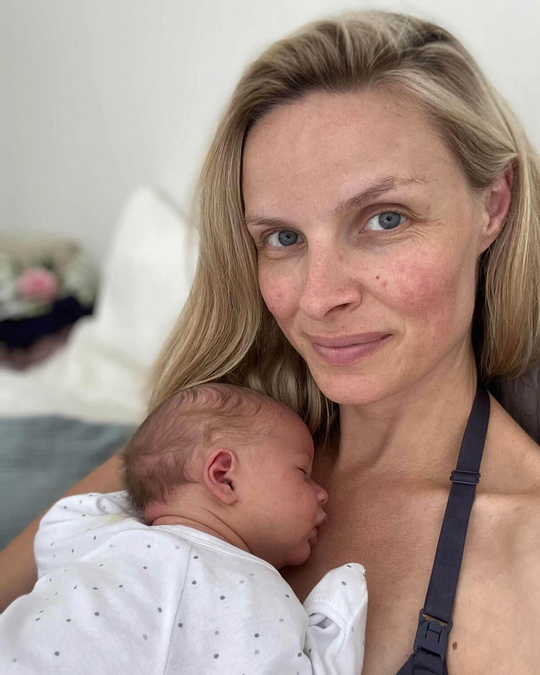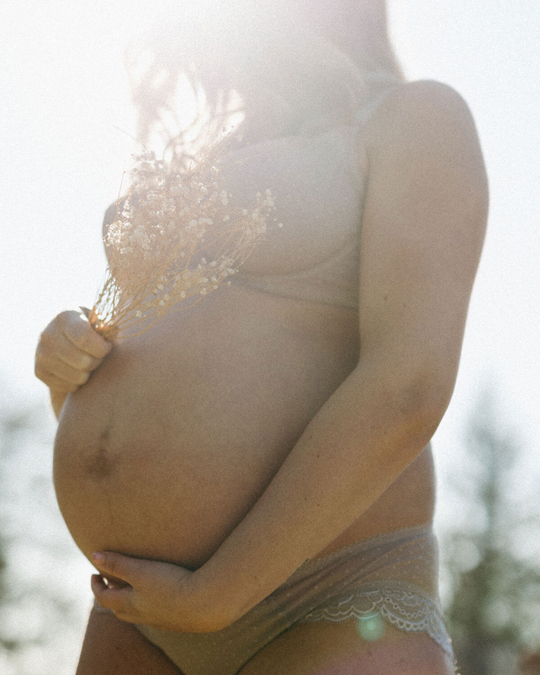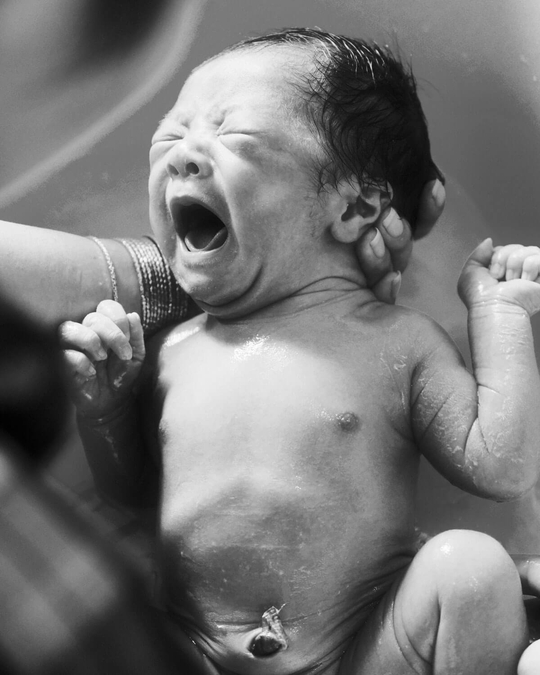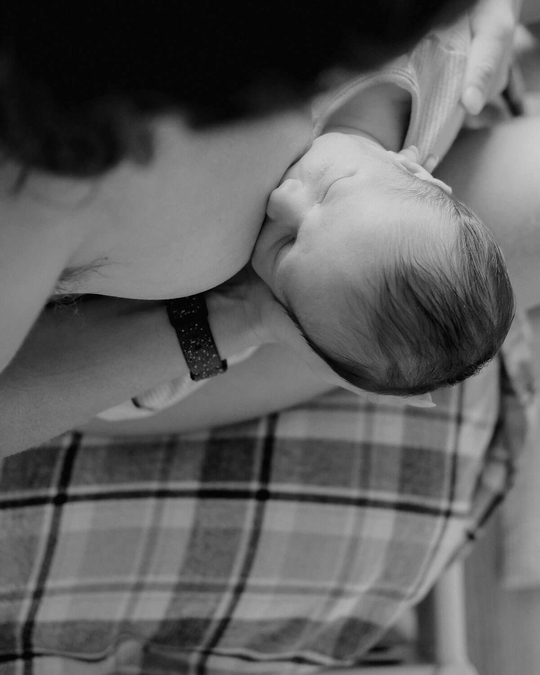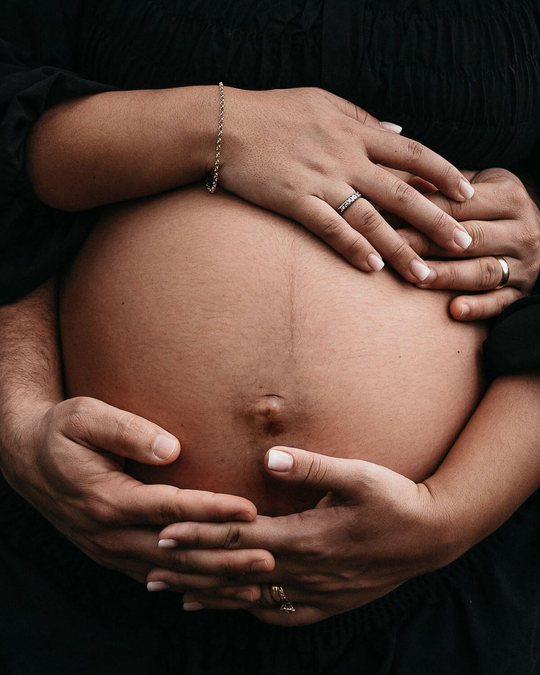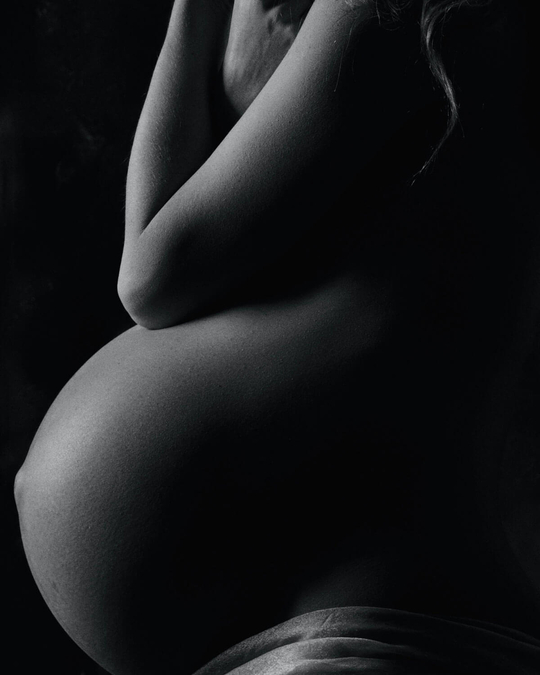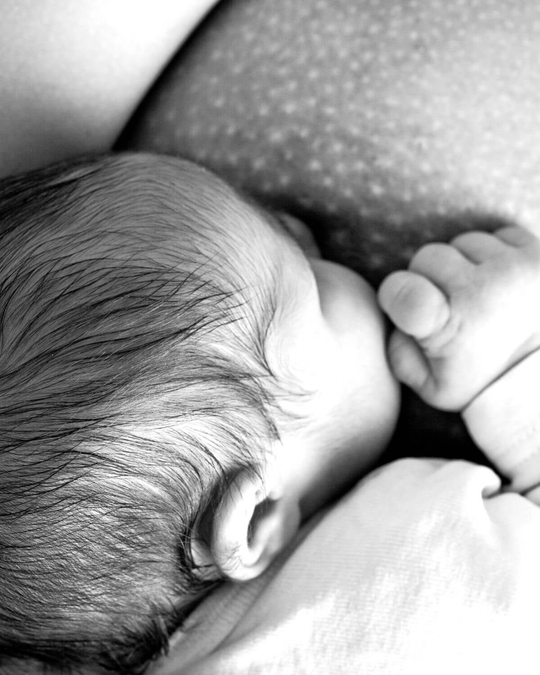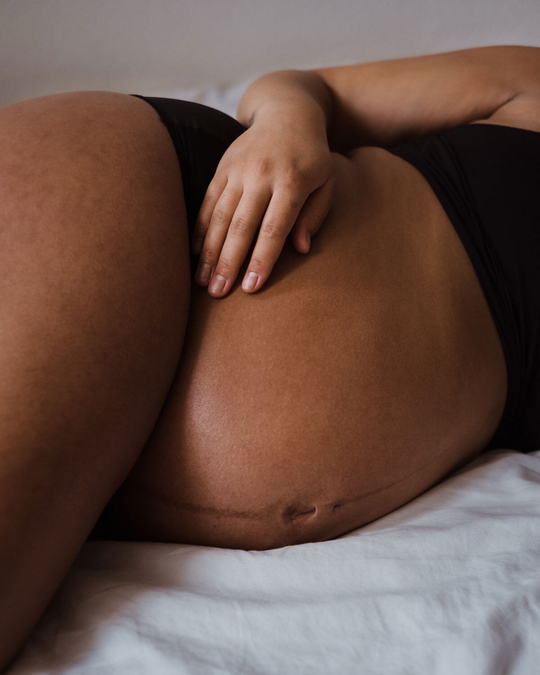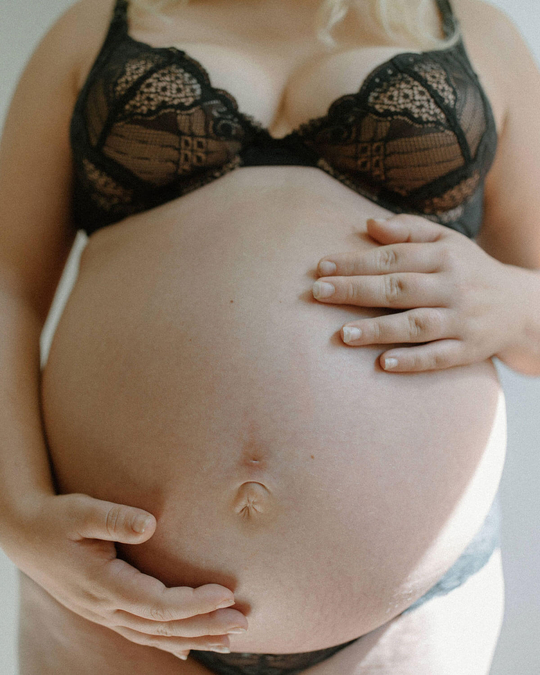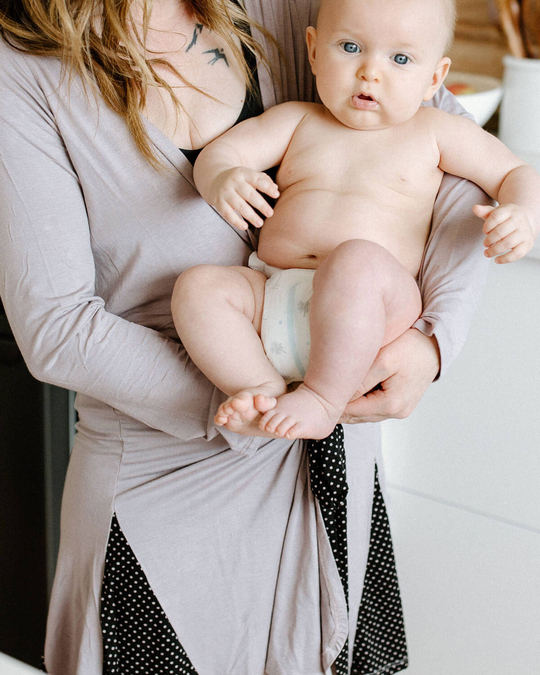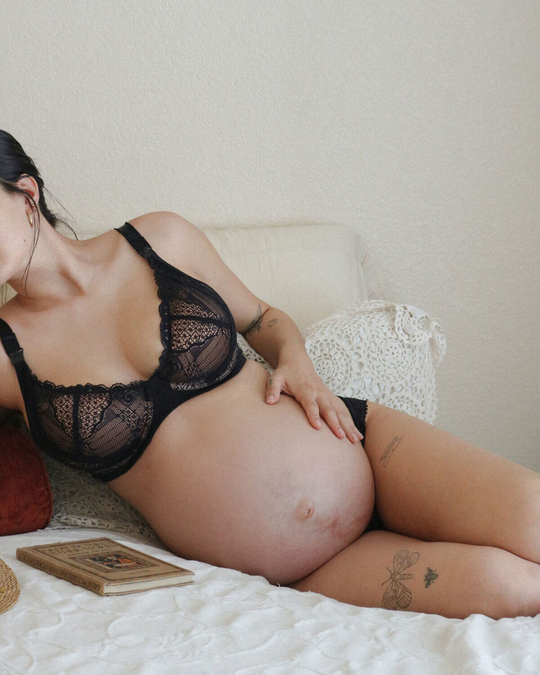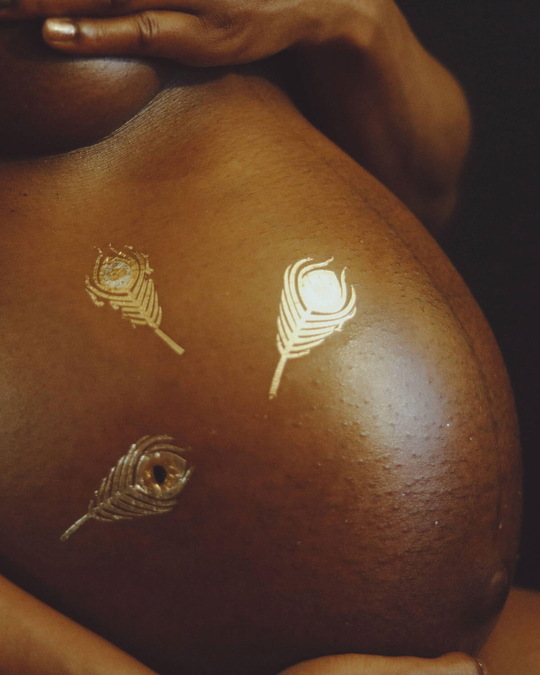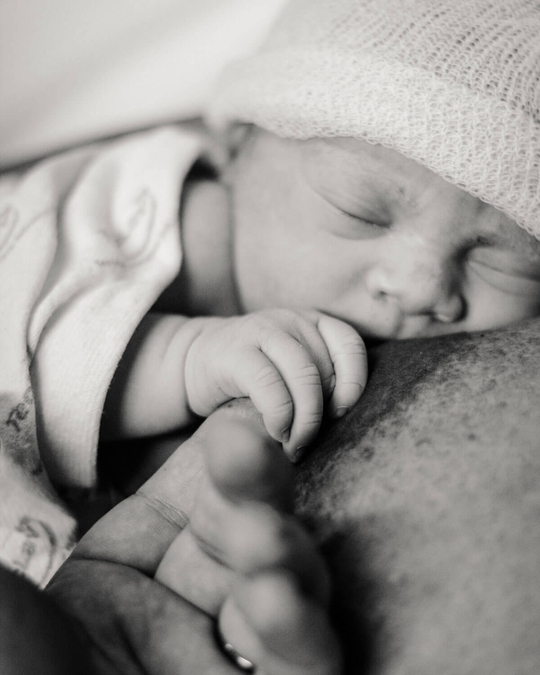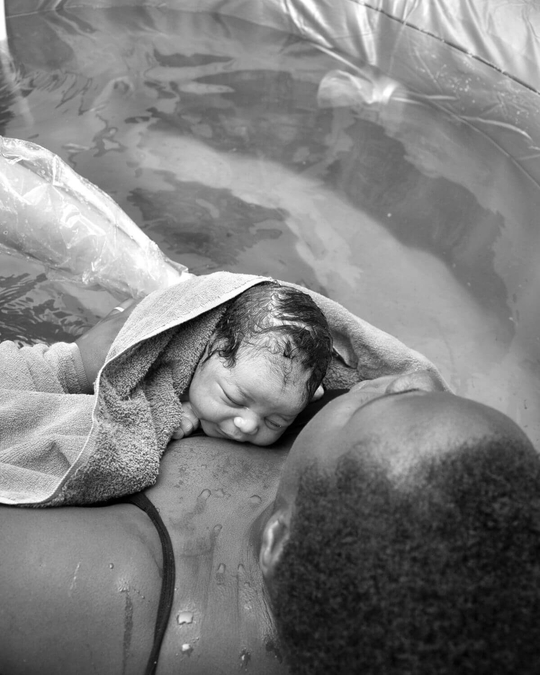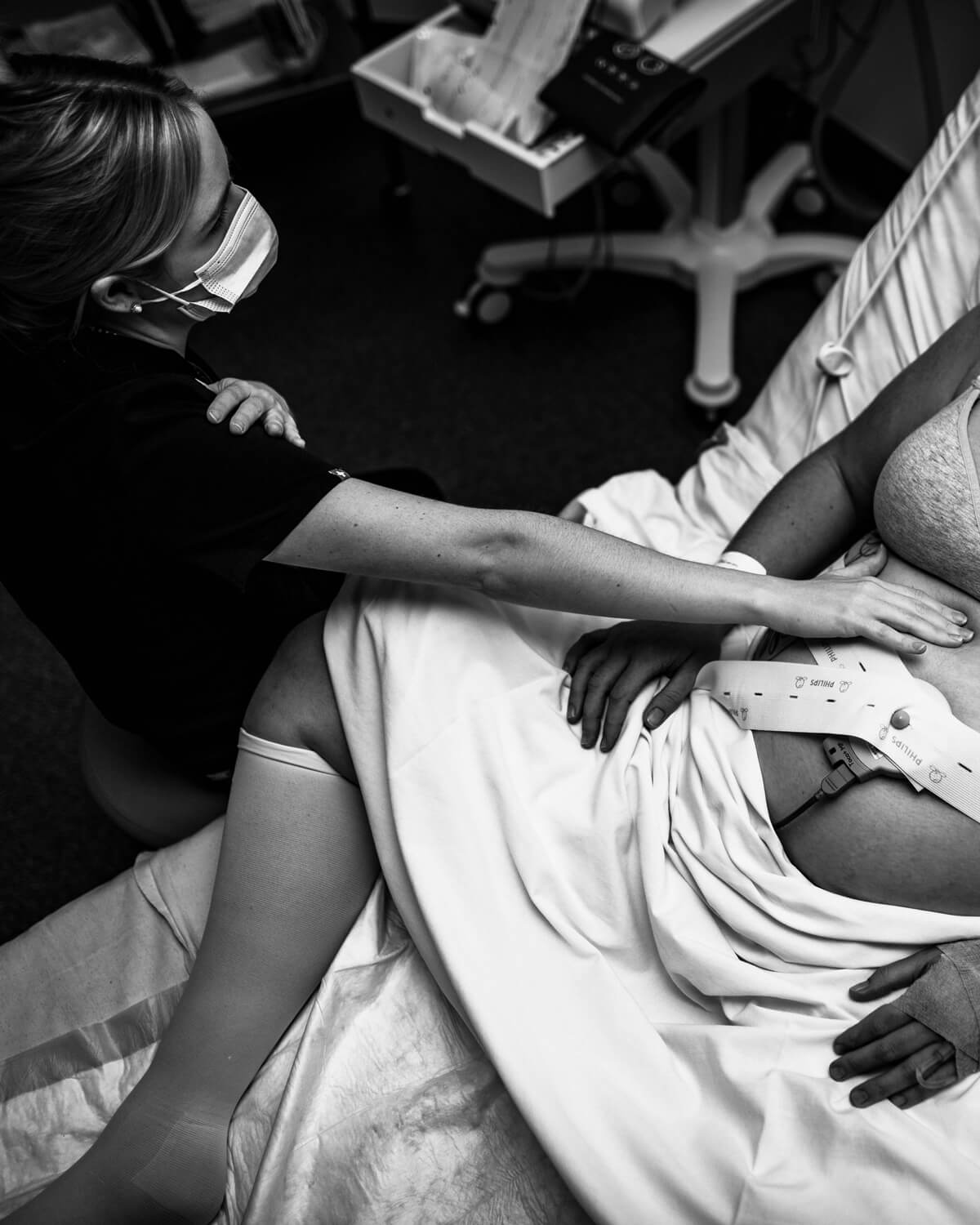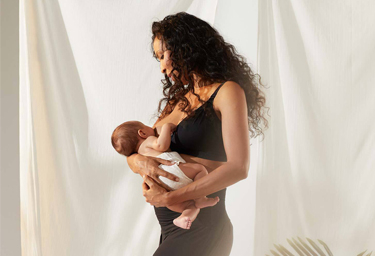Giving birth changes many aspects of your life, including your diet. Eating well-rounded meals is crucial if you’re able to breastfeed. The practice can also aid how your body recovers, whether you feed your baby breast milk or formula. Learn more about the role of nutrition in postpartum healing and breastfeeding to take care of yourself and your baby with less stress.
How Important Is Nutrition While Breastfeeding?
Nutrition is a crucial part of any breastfeeding journey. Knowing how your diet impacts your milk supply will help you understand how your body works during this phase of your life.
1. Lactation Burns Extra Calories
Your bodily functions require caloric energy. Lactation increases your standard calorie consumption because it’s an additional physiological process. Producing milk burns 500-640 calories per day on average, so you’ll likely feel hungrier than usual throughout your breastfeeding experience. [1]
However, some moms find it understandably challenging to eat consistently if they’re caring for their infant while getting used to a new routine, taking care of their older children or managing household responsibilities. Grab-and-go snacks can improve your energy levels if you find yourself in that situation. [2]
2. Breast Milk Gives Infants Minerals and Vitamins
Daily meals and snacks don’t only support your health after having a baby. They also add essential nutrients to your infant’s breast milk. Recent research found that breastfeeding mothers were deficient in numerous vitamins and minerals in their milk due to diets lacking nutrients such as: [3]
- Vitamin B12
- Omega-3 fatty acids
- Vitamin A
- Iron
- Vitamin D
- Calcium
Your nutrition is important while breastfeeding because your milk is your infant’s sole source of nourishment for the first six months of their life unless you give them formula as well. If you’re unable to get the vitamins and nutrients you need, your baby won’t, either. Following a well-rounded diet is a common challenge among new mothers, so remember to give yourself grace as you get used to this new chapter of your life. [4]

3. Water Intake Improves Milk Production
Hydration is an essential part of nourishing your body. If you don’t have enough bodily fluids to maintain the hormone levels fueling your breast milk production, you could experience limited lactation until dehydration isn’t an issue anymore.
New mothers sometimes forget to drink water while they’re adjusting to their new sleep routine or lifestyle changes, so you’re not alone if you find yourself in this situation. An inconsistent diet with limited to no water-based vegetables can also decrease your hydration, even if you only drink water. [5]
The Role of Nutrition in Postpartum Healing
Giving birth — vaginally or caesarean — requires extensive physical recuperation. Optimal healing is one of the reasons why nutrition is important while breastfeeding. The body needs at least six weeks to recover from the experience. Your uterus must shrink while your hormones adjust and your possible caesarean wound heals. The process is a significant job for your body to manage while also maintaining your milk supply. [6]
The role of nutrition in postpartum healing is vital to your overall recovery. Vitamins, minerals and caloric intake fuel your metabolism so your body can heal without lactation lapses. Even while it may seem challenging to stay on top of your diet as you adjust to life with an infant, every effort supports your well-being and your baby’s milk supply.
Tips to Optimise Your Diet While Breastfeeding
Optimise your nutrient intake without complicating your lifestyle by making simple changes. Give yourself time to see what works best for your routine. You can always consult your doctor or dietician for personalised advice if you have any questions.
1. Eat Proteins Every Day
Protein does more than just satisfy your hunger for longer periods after meals — it also supports your infant’s development. Increasing your intake may improve the protein levels in your breast milk. You can find it in numerous sources, like dairy, lean meats, beans, eggs, lentils and mercury-free seafood. Stick with options that you find tasty and easy to prepare so your new diet is more manageable during your breastfeeding experience. [7]
2. Rely on Fresh, Frozen and Canned Vegetables
Veggies can be an excellent source of extra hydration and nutrients. While you might try to get them fresh, the additional preparation time and costlier price tag can make them complicated to manage as you care for an infant.
Diversify your diet with frozen and canned vegetables. Dieticians note that both options can have equal or better nutritional value than fresh varieties, depending on when harvesting occurred. [8]
As you learn about the role of nutrition in postpartum healing and try new foods, watch for additives like fruit syrups and extra sodium. They may improve the preservation process, but they only add sugar and salt to your diet.
3. Drink More Water
Experts recommend drinking 2 litres of water daily to keep your hydration consistent while breastfeeding. You may feel frustrated about drinking so much water when you’re busy with your baby or already making numerous trips to the bathroom each day. Optimising your diet with water-based foods, like cucumbers, melons and berries, could add the extra fluid your body needs to maintain your milk supply. [9]
Feel Your Best During Your Postpartum Journey
Nutrition is important while breastfeeding and recovering during your postpartum experience. You could improve your milk production, make it more nutrient-dense and give your body the fuel it needs to heal by improving your diet. Try small changes to optimise what you eat without feeling overwhelmed. A doctor or dietician can answer any questions you might have during this personal journey.











